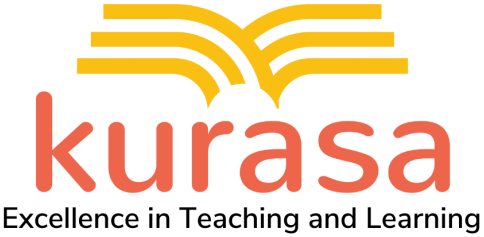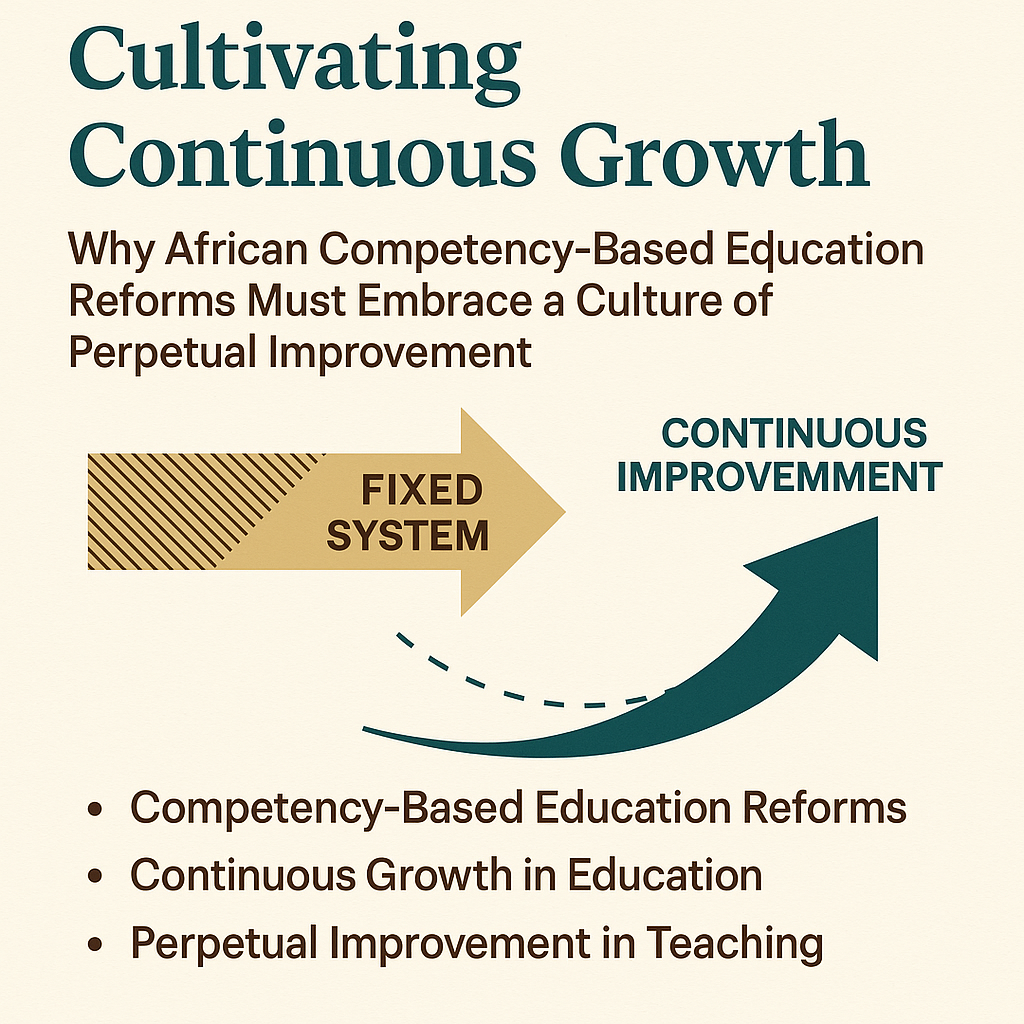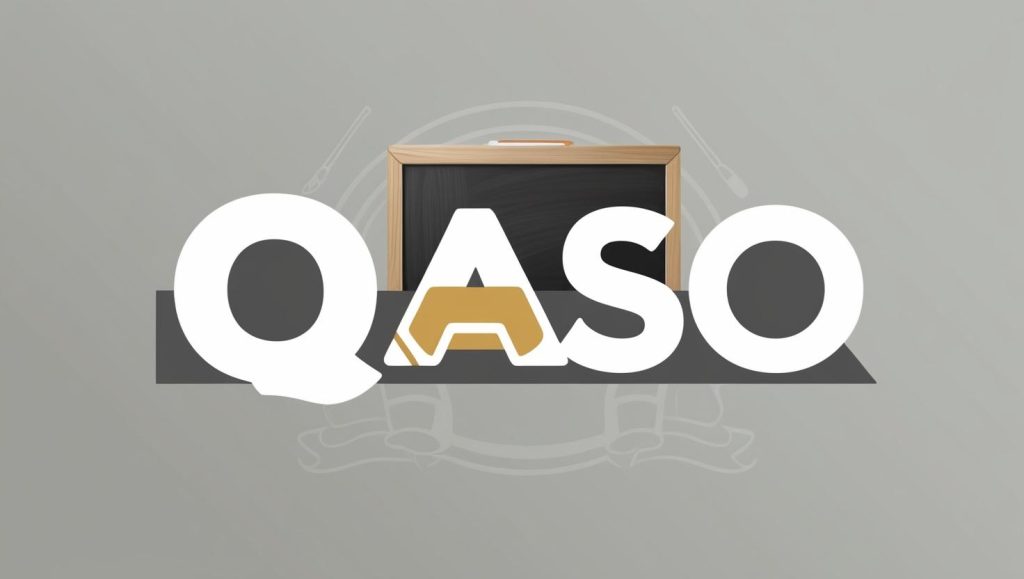
Introduction
Teacher empowerment is a critical element in enhancing the quality of education worldwide. Empowered teachers are more likely to be motivated, innovative, and effective in their roles, directly impacting student learning outcomes and overall school performance. This blog explores the diverse practices of teacher empowerment from different countries and cultures, highlighting what can be learned from these varied approaches.
Teacher Empowerment in Finland
Collaborative Autonomy
Finland is renowned for its exceptional education system, which places a high value on teacher autonomy. Finnish teachers are given significant freedom to design their curricula and choose their teaching methods. This autonomy fosters a sense of ownership and accountability, enabling teachers to tailor their teaching to the needs of their students.
Professional Development
Continuous professional development is a cornerstone of the Finnish education system. Teachers are encouraged to engage in lifelong learning through regular workshops, seminars, and advanced studies. This commitment to professional growth ensures that teachers remain current with educational trends and best practices.
Lessons Learned
- Trust in Teachers: Granting teachers autonomy can lead to innovative teaching practices and improved student outcomes.
- Continuous Learning: Ongoing professional development is essential for maintaining high teaching standards.
Teacher Empowerment in Singapore
Rigorous Selection and Training
Singapore’s education system is characterized by its rigorous selection and training of teachers. Prospective teachers undergo a stringent selection process and receive extensive training at the National Institute of Education. This ensures that only the most qualified individuals enter the teaching profession.
Career Advancement
Singapore offers a well-defined career path for teachers, with opportunities for advancement based on performance and experience. Teachers can progress to become senior teachers, master teachers, and even school leaders. This career structure provides motivation and recognizes the contributions of teachers.
Lessons Learned
- High Standards: Rigorous selection and training processes ensure that only the best candidates become teachers.
- Career Progression: Clear career pathways and opportunities for advancement can motivate teachers and enhance job satisfaction.
Teacher Empowerment in Kenya
Decentralized Education System
Kenya’s Competency-Based Curriculum (CBC) emphasizes the decentralization of education, allowing teachers more flexibility in their instructional approaches. This shift aims to make education more relevant to students’ needs and local contexts.
Professional Development Programs
Kenya has implemented various professional development programs, such as the Teacher Service Commission’s (TSC) Continuous Professional Development (CPD) framework. These programs aim to enhance teachers’ skills and knowledge, ensuring they are well-equipped to implement the CBC effectively.
Lessons Learned
- Contextual Relevance: Adapting teaching practices to local contexts can make education more effective and meaningful.
- Support for Professional Growth: Providing structured professional development opportunities helps teachers stay updated and competent.
Teacher Empowerment in the United States
Teacher Leadership Roles
In the United States, there is a growing emphasis on teacher leadership roles. Teachers are encouraged to take on leadership positions within their schools, such as department heads or instructional coaches. This involvement in decision-making processes empowers teachers and leverages their expertise.
Professional Learning Communities (PLCs)
Professional Learning Communities (PLCs) are common in the U.S., providing a platform for teachers to collaborate, share best practices, and support each other’s professional growth. PLCs foster a sense of community and collective responsibility among teachers.
Lessons Learned
- Leadership Opportunities: Creating leadership roles for teachers can enhance their influence and impact within the school.
- Collaborative Culture: Encouraging collaboration through PLCs can lead to shared knowledge and improved teaching practices.
Teacher Empowerment in Japan
Lesson Study
Japan is known for its “Lesson Study” approach, where teachers collaboratively plan, observe, and analyze lessons. This practice promotes continuous improvement and reflective teaching, allowing teachers to refine their methods based on feedback and observations.
Emphasis on Professionalism
Japanese teachers are regarded with high esteem and are expected to demonstrate a strong commitment to their profession. This cultural respect for teachers enhances their status and morale, contributing to their empowerment.
Lessons Learned
- Collaborative Improvement: Engaging in collaborative lesson planning and analysis can lead to continuous improvement in teaching practices.
- Cultural Respect: Valuing and respecting teachers as professionals can significantly boost their morale and sense of empowerment.
.
Conclusion
Teacher empowerment is a multifaceted concept that varies across different countries and cultures. By examining global practices, we can glean valuable insights into how to support and empower teachers effectively. Trusting teachers with autonomy, providing continuous professional development, offering clear career advancement opportunities, fostering collaborative cultures, and respecting teachers as professionals are common themes that emerge from these diverse approaches. By integrating these lessons, education systems worldwide can enhance teacher empowerment, ultimately leading to improved educational outcomes for students.


